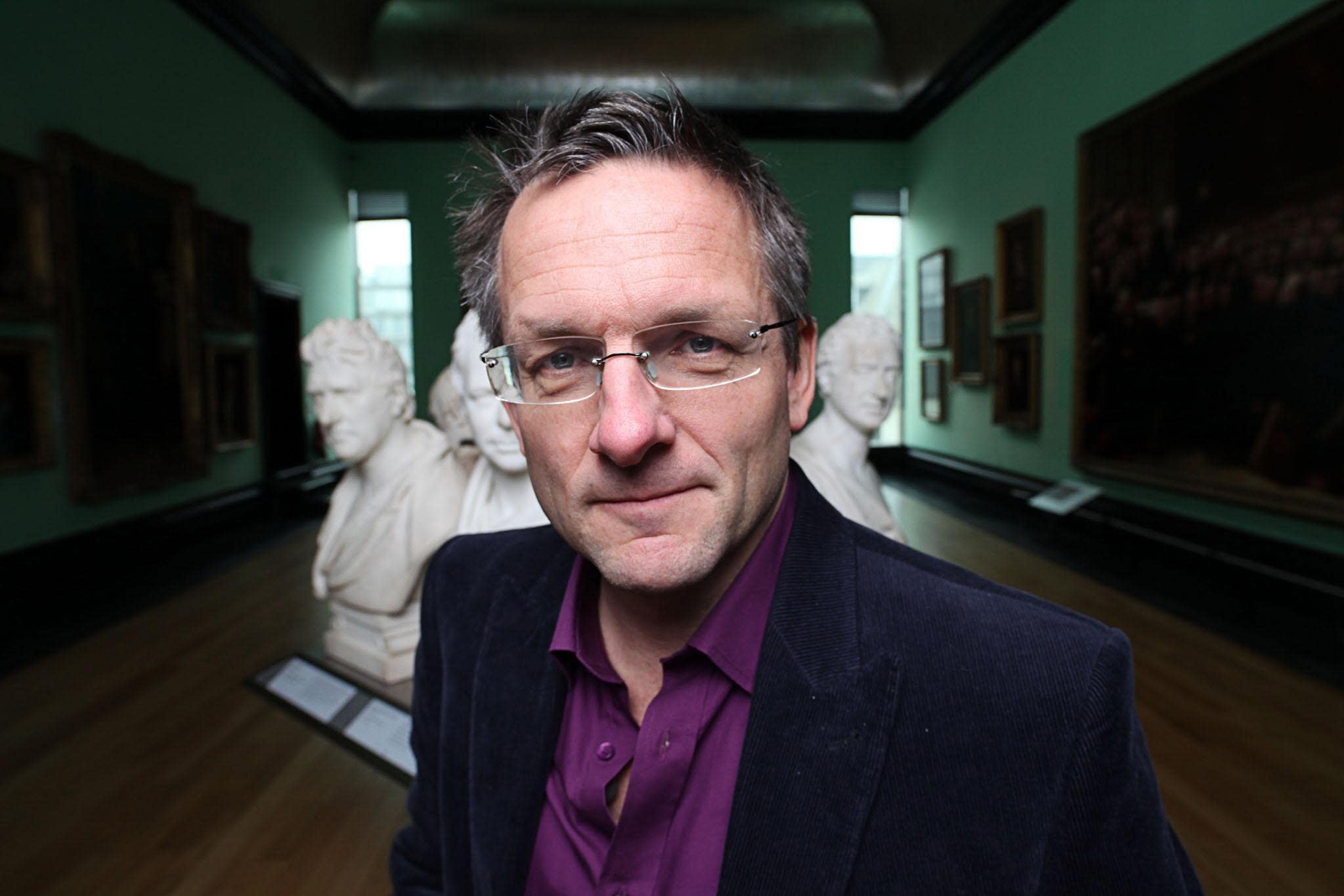Medical and scientific community in ‘complete grief’ over Michael Mosley’s death
Mosley based his book The 8-Week Blood Sugar Diet on research by Roy Taylor, a professor of medicine and metabolism at Newcastle University.

The medical and scientific community have reacted with “complete grief” to the death of Michael Mosley after he died while on holiday in Greece.
The broadcaster and columnist, who was reported missing on Wednesday before his body was found on Sunday, advocated intermittent fasting through the 5:2 diet and The Fast 800 diet and presented science and medical documentaries on the BBC and Channel 4.
Mosley based his book The 8-Week Blood Sugar Diet on research by Roy Taylor, who is a professor of medicine and metabolism at Newcastle University and the academic contributed to the work.
Asked how the research community has reacted, Professor Taylor told the PA news agency: “I think with complete grief, because Michael was such a personable man, he was so likeable.
“And he was just charming in his interaction with everybody, it wasn’t just with the great and the good, it was with everyone.
“And so we’ve lost a fantastic human being and as regards the science, yes, he was recognised as promoting ideas with a solid basis and that is so important, so he’s going to be sorely missed.”
He also said Mosley had “dynamism, and enthusiasm that few people have” and he was different from many other speakers in the diet and health world as he backed up his information with research.
“So what Michael said was usually based in really sound information that marked him out as an authoritative source and a great communicator,” Prof Taylor added.
He said he knew one of Mosley’s sons, who was a student in Newcastle, and he told how grateful he was to know the presenter, who appeared on ITV’s This Morning and the BBC’s The One Show.
“Getting to know his sons as well as Michael gave me a rounded impression of this genuinely nice man who lived such a good life, such a full life, and an adventurous life.
“As it turns out, a bit too adventurous at the end, and that is a cause of enormous sadness and I have to mention, my heartfelt grief for (his wife) Clare and his (children),” Prof Taylor said.
“Because this is a personal loss, that it is very difficult to get in focus.”
He also said he hopes the family has time alone to process this “terrible matter”.
Prof Taylor, who researches reversing type 2 diabetes, said Mosley’s death is a loss to explaining the latest efforts to tackle the condition. This includes the move by many people to look at semaglutide jabs and tablets, which have been used to treat diabetes and are increasingly being used by people to lose weight through brand names such as Ozempic.
He said: “It’s a great pity that Michael’s not with us to put across these very important points.
“The whole matter of type 2 diabetes is about someone being a little bit too heavy for their own constitution. It’s nothing to do with obesity, it’s nothing to do with any arbitrary cut off, or what a person looks like, none of those things.”
Professor Taylor added that the “danger now is that we have the pharmaceutical advertising, that the pills have got some special magic that directly affects the diabetes and that’s not the case, this is weight”.
“The tablets … and the injections do offer a route to potentially achieving this, the difficulty is in the long term, and in the expense and so those factors together with the side effects of the vomiting etc (by using) the injections and tablets make it less desirable.”
He added that it should be taken away “from medicine” and the drugs show that diabetes is a “matter of appetite, and habit regarding eating”.
“So we have a real problem as a society of grappling with this problem, and dealing with it effectively,” Professor Taylor said.
“What Michael has promoted, what we’ve been able to show scientifically, is that individuals can’t deal with it.
“But hey, you know, we’ve got to wake up to the dangers to society, the economic factors alone are staggering.
“But the personal misery that can be brought about by the early onset of type 2 diabetes is so great that Michael’s message has got to continue to come through.”
Mosley was diagnosed with type 2 diabetes in 2012, and said he tried to “get my blood sugars back to a healthy range by losing weight”.